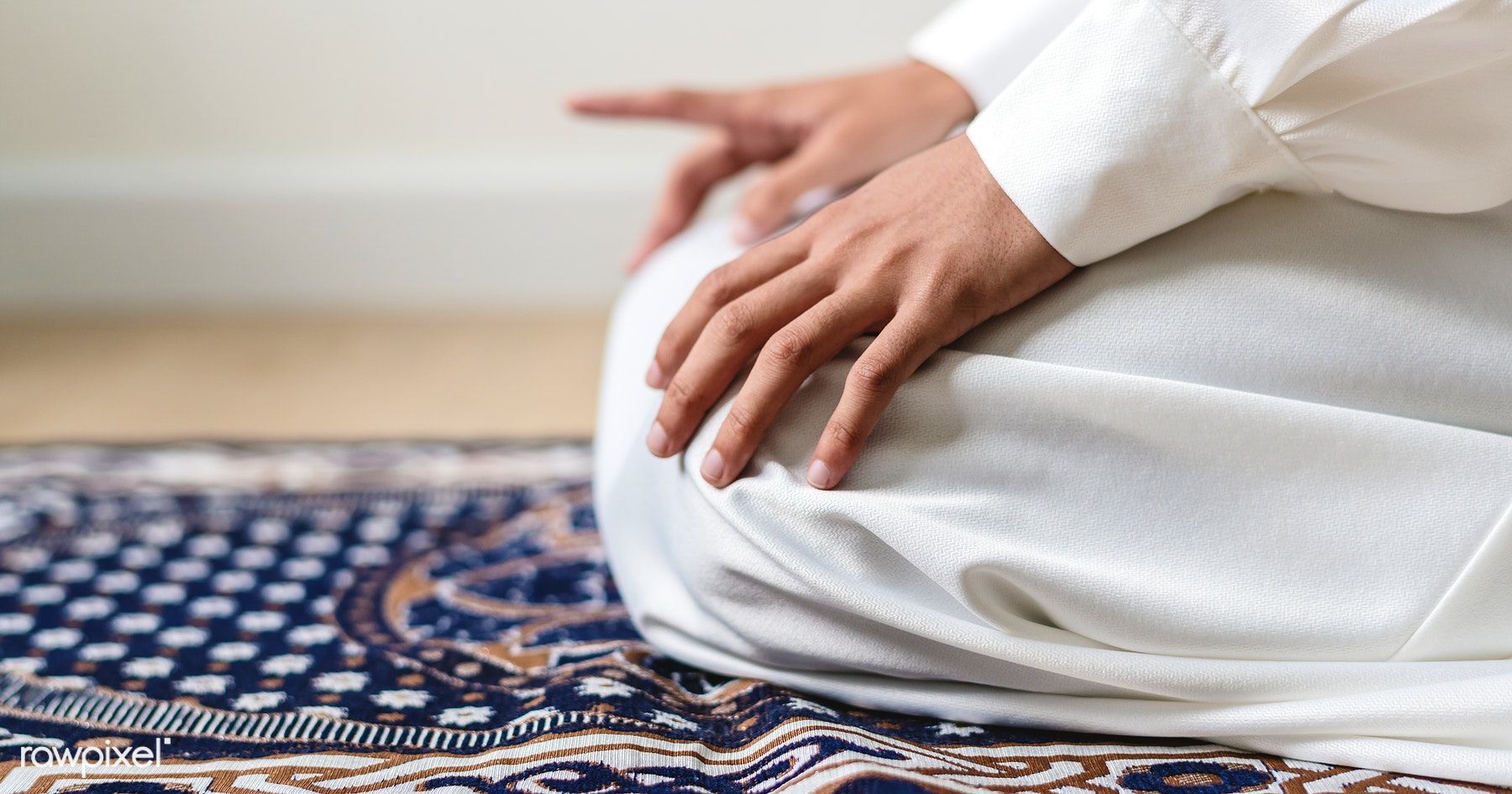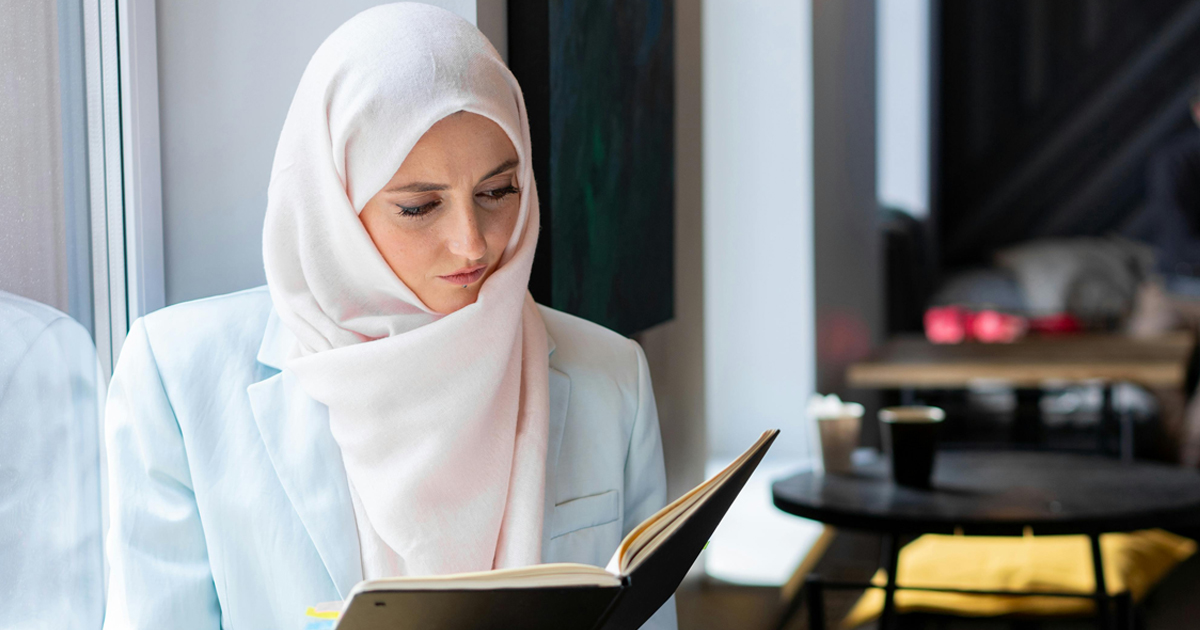The traditions and customs of Arab cultures have many differences compared to Western culture. If you are traveling to an Arab country, knowing certain Arab customs and traditions will make your visit more enjoyable. Even if you’re not planning a trip, it is also fun getting educated about other cultures.
Whether you’re studying abroad, visiting or planning a business trip to an Arabic country or simply want to learn more about the culture, below are some important and interesting Arabic customs and traditions:
Religious Beliefs
Arab culture and the Islamic faith are deeply intertwined. While Islam is the predominant religion, other religious groups are accepted and treated with respect.
Most Arabs believe that most of life’s events are controlled and orchestrated by God. Man is dependent on the fate as determined by God and is powerless in controlling many of life’s events. As a result, religious affiliation is essential to everyone in Arab society.
Most Arabs believe there should be no separation between religion and state and that religion should be taught to children in school.
While there are multiple sects of Islam, Islamic law (Sharia) is as important as any other type of law.
According to Islam, piety is the most admirable characteristic someone can have.
Mosques are considered holy sites and strict rules accompany visits to the mosque. Some of these include: never walking in front of someone praying, the prohibition of pictures or video of people in the mosque, and the prohibition of men wearing shorts and women wearing sleeveless or short-sleeved dresses.
Family is Important
Besides their faith, family is the second most important element to Arabs. Family loyalty and obligations take precedence over loyalty and obligations to friends or a job and over one’s personal needs.
Children are considered as “jewels” and that men and women, as well as male and female children have different and distinct roles.
The family structure is tight-knit and is one of the major determining factors of personal status, followed by individual character and achievement. A person’s honor and dignity come from their family.
Everyday Arabic Traditions
- It is not polite to say “No”. The term “As God wills it” is a nicer way to say “No.”
- It is always best to say “Yes.” Keep in mind that a “Yes” can also mean “Maybe.”
- Never openly refuse a request from a friend.
- If someone does a favor for you, return the favor in some way.
- Arabs are generally very socially-oriented people.
- People who are relaxed and personable enough to establish relationships tend to be more successful.
Arab Thinking
- Arabs are more likely to have subjective perceptions.
- To protect loss of face, an Arab will rarely admit to a mistake.
- Fatalism based on religious beliefs is common.
- Honor is more important than facts.
- Arabs believe in persons, not in institutions.
- Emotions connote a sincere concern for the outcome of the decision.
Greetings and Gestures
- Handshakes are common greetings and farewells.
- Long handshakes, grasped elbows, and walking hand in hand by two males is common place in the Arab world.
- Hugging only occurs between close friends.
- Contact between members of the opposite sex in public is considered out of bounds
- Only use the right hand to eat, touch and present gifts.
- Eye contact during discussions is often long and direct. Long eye contact at women is considered rude.
- It is offensive to ask a man about his wife or female family member.
- Arabs don’t have rigid schedules. Appearing to be in a hurry while meeting with an Arab is considered offensive.
- Never point at a person.
- Arabs have a lot less body space than Westerners.
Hospitality and Visits
- Hospitality, friendliness, and generosity to strangers is an expression of sacred duties.
- When sitting, avoid stretching legs in front of or sitting up higher than others.
- Don’t lean against walls, slouch in chairs or put hands in your pockets.
- Double meanings are common in conversations.
- Do not talk loudly.
- The meal is usually at the conclusion to an event.
- Middle Easterners consider it impolite to eat everything on one’s plate.
- Take off your shoes at the entrance and leave them there before going in.
When visiting an Arabic country, it helps to know the customs, traditions and language. Arab Academy can help you learn Arabic to make your interactions with Arabs more meaningful and enjoyable. Sign up today!







